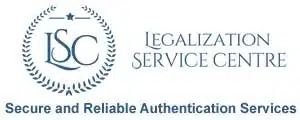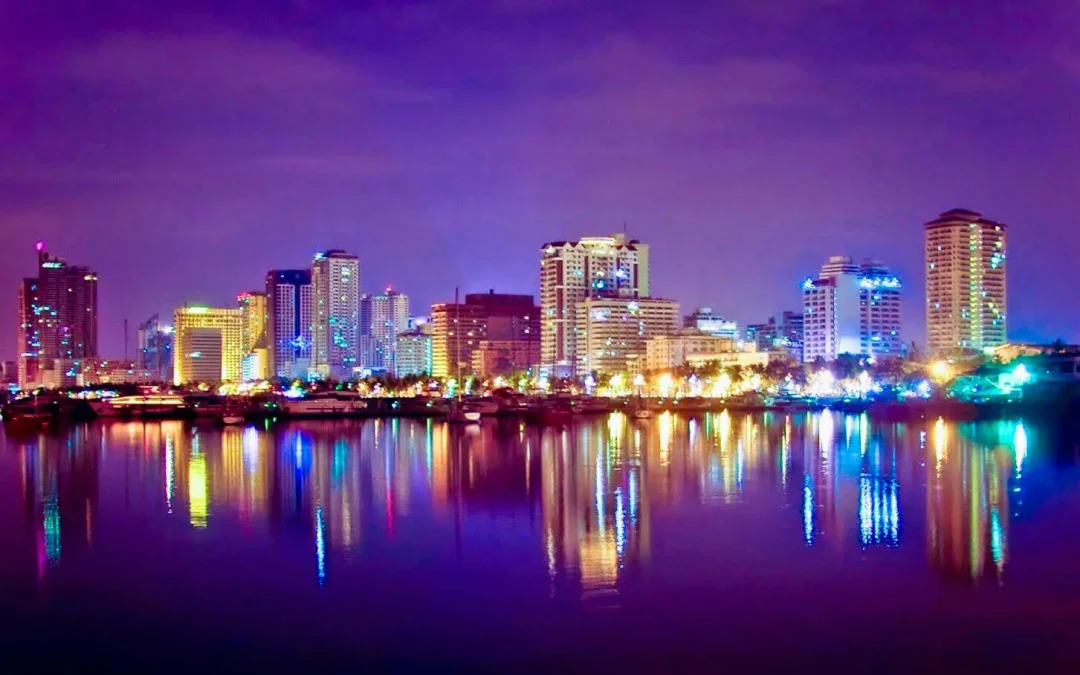With crystal blue beaches, balmy weather, and amicable hospitality, the Philippines has garnered a lot of tourist attention. But more importantly, the likes of these qualities has made the collection of islands a booming centre for outsourced businesses. Whether you are a native or a foreigner, there are many reasons to keep visiting! However, recent restrictions due to the pandemic has made travel to the Philippines something of a nuisance. For one thing, the local government there has taken strict lockdown and international border control measures to limit the pandemic. Moreover, Canadian restrictions on travel and quarantining requirements don’t make matters easier. However, some business, property, or financial affairs must be fulfilled regardless. How exactly do you go about fulfilling your obligations? Simple: through a Philippine Power of Attorney (POA).
What is a POA?
Through a Power of Attorney (POA,) you can assign a trusted adult in the Philippines to carry on your responsibilities. This person can make important financial, property, or business decisions on your behalf. Since many transactions can require your legal consent or signature, assigning someone with a power of attorney allows that person to sign on your behalf. POA’s have been a blessing and a boon during this difficult pandemic. If you’ve decided to follow this route, there are a few key steps you must complete in Canada for your POA to be valid in the Philippines.
Decide who to assign as your attorney
A Power of Attorney is a powerful tool. In the right hands, this tool will allow you to carry on your affairs that would otherwise be difficult to conduct. Choosing the right capable adult is a personal decision since only you know best who to assign with important responsibilities. However, when making the decision, keep in mind that this person cannot be your spouse, child, or anyone you would treat as your child. Your chosen attorney must also be someone who is over the age of 18 and is mentality capable of carrying the functions required of them. But most importantly, this person must be someone you can trust very much.
Philippines Power of Attorney: Notarization and Signing
There are different ways to create a Power of Attorney and different wording/formatting for varying purposes. Depending on what your purpose is (financial, property, or medical), you will have to choose the correct pre-made form from an online source or have a lawyer draft a POA uniquely for you. Regardless of whether you choose a form or have the document drafted, you must notarize and sign the completed document. Traditionally, you must sign the document in front of a lawyer or notary public, along with two witnesses. Due to social distancing practices currently, there are options for completing this step via video-conferences. You should research services online to find a suitable match in your province.
Philippines Power of Attorney: Attestation
Step 1. Authentication of Philippines Power of Attorney
Once you have signed your POA (also known as “swearing”), it must undergo authentication and legalization. In order to complete authentication, the document must be submitted to Global Affairs Canada (GAC) located in Ottawa. Here, your document will spend roughly 20 days to complete the process of authentication. During this step, GAC will review your POA for the validity of the signatures on the document along with format and other requirements. Once they are satisfied with the trueness of the document, they will affix a large red stamp signifying that the Philippines power of attorney has been authenticated.
While anyone can submit documents to GAC for authentication, going about this by yourself can make the process unnecessarily lengthy and expensive. Each revision at GAC requires additional fees for corrections and adds more time to completion. Comparatively, choosing an expert authentication representative such as Legalization Service Centre can cut down your wait time significantly. Due to our networks with GAC, we can have your documents authenticated in as little as one business day.
Step 2. Legalization of Philippines Power of Attorney
Following authentication, your document will need to be submitted to the Philippine Embassy in Ottawa. Similar to GAC, the embassy will also conduct a check on the document to verify that it meets its standards for use. They will also ensure that the GAC seal is authentic. They will place a stamp of legalization on your POA, once satisfied. This step confers the attestation of your Philippines power of attorney!
Similar to our network with GAC, at Legalization Service Centre, we have networks and up-to-date information on all of the embassies located in Ottawa. Since the requirements at the embassies can change frequently, this means that we always have correct and relevant information on hand. This is an important factor in ensuring that your POA is processed properly and on time.
How can we help?
With your POA notarized, signed, and attested, your document is now good to work for you as you need it to! During this difficult time in the history of the world, we understand how frustrating it can be to simply accomplish our important day-to-day business transactions and activities. At Legalization Service Centre, we are here to stand by you in any of your legalization service needs. Paperwork can be tedious and especially frustrating now. However, it is what we do best and hope to take care of on your behalf. Feel free to call us for any of your document attestation needs. We are happy to talk, even if you aren’t quite ready to get started yet.
Image Credit: Fresher Ru (Lord Sid Valera)

